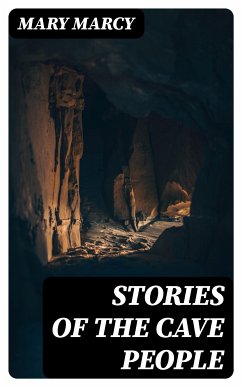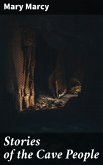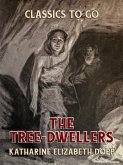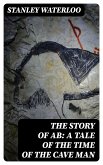In "Stories of the Cave People," Mary Marcy intricately weaves a tapestry of narratives that delve into the lives of primitive societies, focusing on themes of survival, community, and the human connection to nature. Through a rich, evocative prose style, Marcy brings to life the visceral experiences of the cave dwellers, employing vivid imagery and dialogue that bridges the ancient and the contemporary. The book shines a light on the socio-cultural dynamics, mythologies, and daily struggles of these early humans, contextualizing their existence within the framework of environmental challenges and social bonds, making it a remarkably relevant piece in the realm of historical fiction. Mary Marcy, an acclaimed author with a background in anthropology and archaeology, draws heavily on her academic insights and fieldwork experiences to craft this compelling narrative. Her fascination with early human societies and their enduring legacies has led her to explore the intersection of myth, history, and identity, fostering a profound understanding of the primal instinct that governs human behavior. This exploration is evident in the nuanced characters and richly contextualized stories that populate Marcy's work. "Stories of the Cave People" is an essential read for anyone interested in human history, anthropology, or simply a beautifully crafted story that resonates with the primal aspects of our existence. Whether you are a scholar or a curious reader, Marcy's imaginative portrayal will captivate your imagination and encourage introspection on the shared human experience across time.
Dieser Download kann aus rechtlichen Gründen nur mit Rechnungsadresse in A, B, BG, CY, CZ, D, DK, EW, E, FIN, F, GR, H, IRL, I, LT, L, LR, M, NL, PL, P, R, S, SLO, SK ausgeliefert werden.









